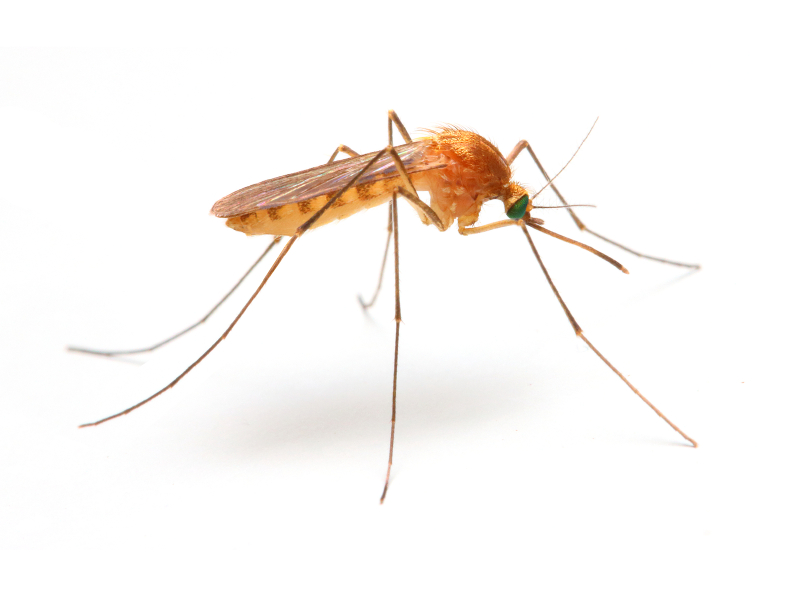
|
Are your outdoor workers taking appropriate precautions to prevent West Nile virus infection?
West Nile Virus
West Nile virus is primarily transmitted by mosquito bites. It is found throughout the United States.
In most cases, people infected with West Nile virus either show no symptoms or have very mild flu-like symptoms, called West Nile fever. These mild cases of West Nile virus normally last only a few days and do not cause any long-term health problems. Severe cases, however, can result in much more serious illness, including inflammation of the brain or the tissues surrounding the brain (encephalitis and meningitis).
Join us on Tuesday, June 9, for our in-depth webinar, The Supervisor’s Role in Safety: How to Prevent Incidents by Supporting Day-to-Day Management
Workers can protect themselves against West Nile virus infection by:
- Using insect repellent. Workers should lightly apply insect repellents that contain DEET or picaridin to exposed skin, avoiding broken skin. They can apply the insecticide permethrin to clothing; clothes should be allowed to dry for 2 hours before wearing. Workers should wash treated skin and clothing when they come indoors.
- Eliminating breeding grounds. Mosquitoes breed in standing water, so workers should eliminate all sources of standing water, including small sources like trash can lids or irrigation control boxes. Items that might collect and hold water, such as wheelbarrows and buckets, should be stored upside down or covered. Other items, such as outdoor planters, should be drilled with drain holes.
Facility supervisors are in the best position in your facility to manage how well employees work—as well as how safely they work. Register now
Standing water, like animal drinking troughs, can be kept fresh by aerating it or changing the water frequently.
Another option is to use mosquito dunks, which contain a pesticide that is toxic to mosquito larvae but harmless to animals and fish.
- Knowing when mosquitos are most active. Mosquitoes bite in the early morning and evening so workers should wear protective clothing and repellent if they are outside during these times.
Need more help preventing infectious diseases? Safety.BLR.com transmits useful information every day.

The Asian Tiger Mosquito feeds mainly during the day, all day.
http://cisr.ucr.edu/asian_tiger_mosquito.html